Last Updated on April 13, 2020
It is important to be aware of rat poison (rodenticides) and that your cat can ingest it. Not many people are aware that this poison can be very tempting to felines. Most rat poisons have anticoagulants in them which interferes with vitamin K. It does this by keeping the blood from clotting. When taken in sufficient quantities by any animal, it will cause internal or external bleeding, sometimes both. Here are some symptoms to watch for and other useful information if you believe your cat has digested rat poison.
Watch for these symptoms 2 to 5 days after ingestion:
- Pale Gums
- Bleeding gums, nose, rectum, eyes, or/and ears
- Bruising
- Blood in urine, vomit, or/and feces
- Lethargy, staggering, confusion, or/and depression
- Blood accumulation in the chest or abdomen (watch for labored breathing and a swollen stomach)

Rat poison is potentially fatal to cats
Check the Ingredients
Look for an anticoagulant, the most common forms being warfarin, brodifacoum, and bromadiolone. If you have the packaging bring it with you to the veterinarian.
What Should I Do If My Cat Ate Rat Poison?
Cats can eat rat poison left on the ground or become poisoned from eating a rodent who ingested the poison. It is very important that you seek immediate medical attention if you suspect your cat has ingested rat poison. Call your veterinarian or the nearest animal hospital.
If that is not an option, call the Pet Poison Help Line at 1-855-764-7661.
If your cat has eaten rat poison within the last 2 hours, take a syringe and inject hydrogen peroxide into its mouth. This will cause your cat to puke within 10 minutes. Your vet will likely give you activated charcoal to absorb any toxins that may still be in the intestines. This is taken orally. A vitamin K injection should be given followed by 1 to 4 weeks of vitamin K tablets.
What Can I Do to Prevent This?
The best way to prevent accidental poisoning is to not use rodenticides. There are far safer ways to control rodents in the home, your cat may want to help you in this case. Other people in your neighborhood may use rodenticides so it’s also wise to not let your cat outside unless they are supervised.
What Is a More Natural Approach?
To prevent rodent infestation more naturally, avoid planting tall bushes against your house, keep bird feeders out of reach of rodents, keep all garbage inside trash cans with lids, and do not keep stacked firewood near your house. Plant mint around your home to discourage mice and other rodents from coming close to the house. You can even use cat urine on trees, bushes, and in your garden areas to scare out any outdoor rodents in your yard. If you are okay with killing rodents, take small pieces of cork soaked in grease from meat and scatter them outside the house. They will not be able to digest the cork pieces and will die. Always keep your kitchen clean of food on the floor or countertops. Store all food in food-safe containers. I’d advise any owner of cats, dogs, birds, or other small creatures to avoid using rat poison completely as a precaution.
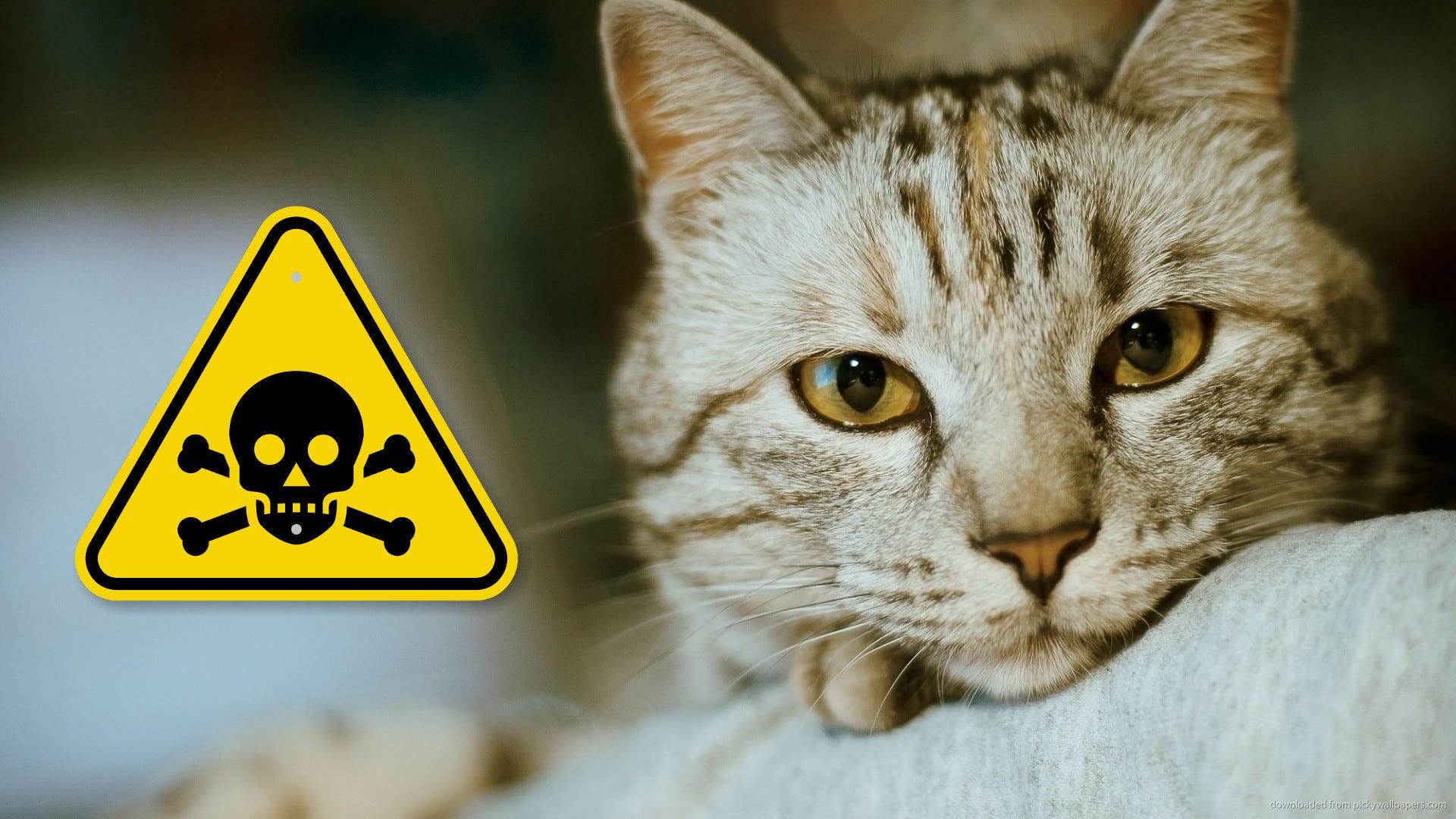
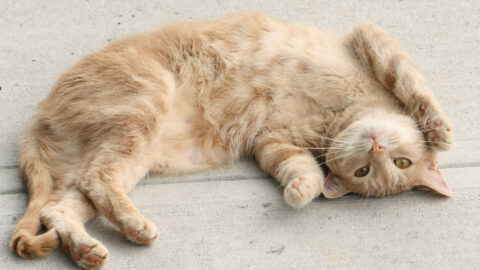
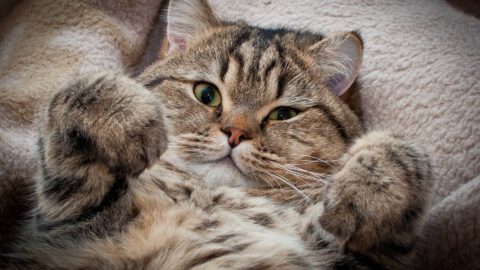
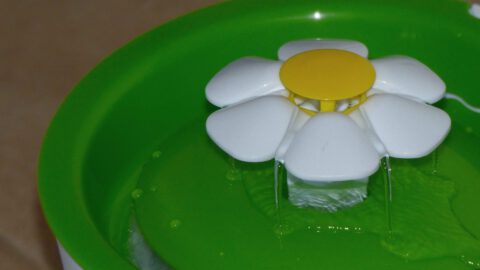
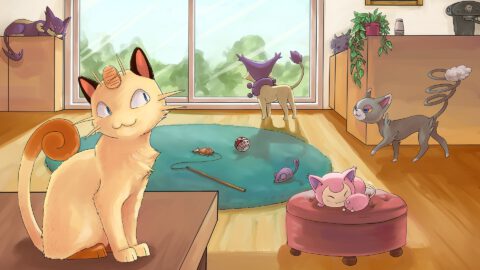
Please make sure you look for any old rat poison in your garage before letting your cat or loved pets into it. I overlooked some and it took our precious cat from us. I would hate to think I didn’t warn or help others.
Thanks for your advice! This is a very good idea for all cat owners.
Thank you so much my cat just ate poison and I love her to death she is my first cat and she isn’t even a year old.
I hope your cat was ok. Unfortunately, ours passed away from this. I blame myself for not looking for all traces of that evil poison. Prayers for your kitty. 🙂
Useful info!